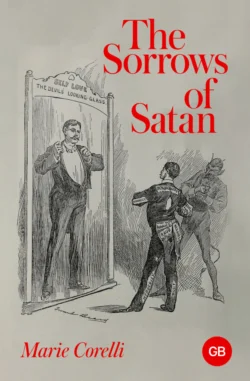The Sorrows of Satan

Мария Корелли
Тип: электронная книга
Жанр: Мистика
Язык: на английском языке
Стоимость: 419.00 ₽
Статус: В продаже
Издательство: АСТ
Дата публикации: 11.09.2024
Отзывы: Пока нет Добавить отзыв
О книге: «Скорбь Сатаны» – это роман британской писательницы Марии Корелли, впервые опубликованный в 1895 году. Это произведение, относящееся к жанру готической литературы, исследует темы морали, искушения и духовного разложения.